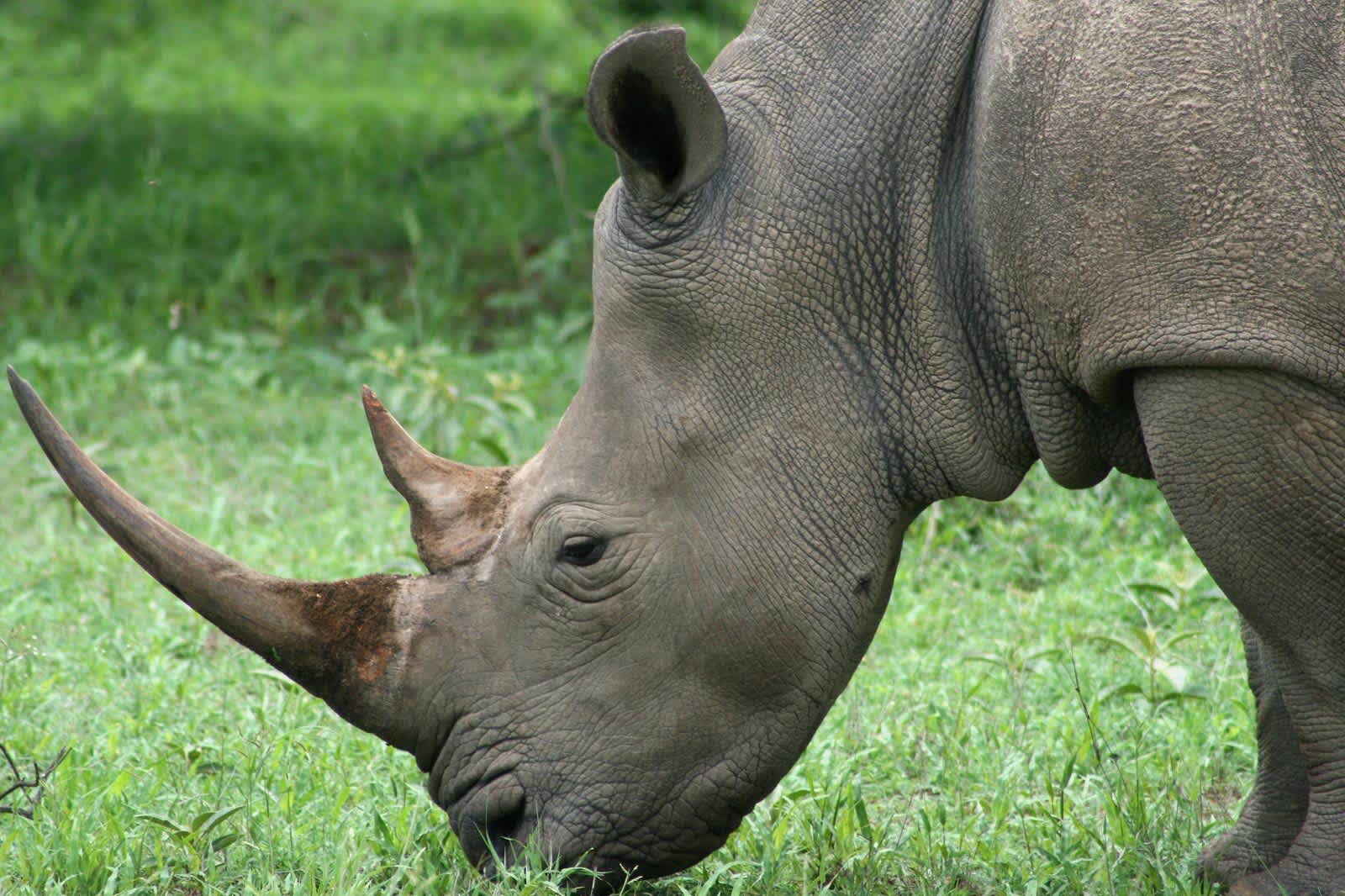SCI Foundation Holds African Forum to Discuss Conservation and Hunting Policy
SCI Foundation 11.12.13


The principles rooted in hunting make hunters among the best conservationists. Hunters recognize the necessity of wildlife management and are willing to take part in global conservation initiatives. This dedication allows Safari Club International Foundation (SCI Foundation) to fund and manage worldwide programs dedicated to science-based conservation, education, and sustainable use.
Recently, the Zambia Wildlife Authority and SCI Foundation hosted the 12th annual African Wildlife Consultative Forum (AWCF) in Livingstone, Zambia. It brings together African government officials and representatives from professional hunting associations and non-governmental organizations to address Africa’s most pressing conservation issues. Among the most pressing policy and wildlife management matters discussed were the severity of the poaching and illegal wildlife trafficking crisis, legal trade in elephant ivory and rhinoceros horn, the potential listing of the African lion as endangered under the United States Endangered Species Act, and an examination of the socioeconomics associated with hunting and other non-consumptive tourism.
“On behalf of the SCI Foundation, our many partners, and the international conservationists we work with, we are delighted to share the success of the African Wildlife Consultative Forum in Zambia,” SCI Foundation President Joe Hosmer said. “Zambia recognizes that collaborative conservation efforts, across a multitude of nations, require decision-makers to regularly interact and the AWCF provides an opportunity for Africa’s conservation leaders to do just that.”
The forum serves as a platform for African countries and other organizations directly affected by conservation policy to voice their opinions and generate a sound voice of insight to influence policy makers worldwide. This year’s meeting produced several actions that AWCF delegates hope will play a part in upcoming decisions in wildlife management.

After discussions involving details of President Obama’s Executive Order on combating wildlife trafficking, AWCF participants drafted a letter to US Secretary of the Interior, Sally Jewell, which expressed concern that Africa’s ideas and cooperation were not adequately included in the United States’ efforts to curb poaching and illegal wildlife trade. The letter presented the African governments’ recommendations for President Obama’s Executive Order Task Force and Advisory Council. Additionally, it suggested that the Task Force reconsider the appointment of Safari Club International Foundation on the Advisory Council to fulfill the role as the principle non-governmental liaison between governments.
A second letter addressed to Dan Ashe, Director of the US Fish and Wildlife Service, voiced concerns that African governments were not properly consulted for information regarding the African lion as part of the United States led species status review. The letter expressed disappointment that African governments were not involved or even invited to provide information to the USFWS at a June 2013 lion workshop held in Arlington, Virginia.
“The African lion is not on the brink of extinction. Many animal welfare groups provide incorrect and biased information that promotes their own personal agendas rather than scientific research.” Hosmer said. “The proliferation of this incorrect information is one reason the SCI Foundation holds this forum. We want policy makers to have science-based facts and be able to use them to understand how their decisions affect local communities.”
African governments receive economic support from funds generated by hunting and tourism each year. An examination of the socioeconomics associated with hunting and tourism played an important role in the discussion at AWCF. Melissa Simpson, SCI Foundation Director of Science-Based Conservation Programs, gave a presentation on the global importance of hunting and tourism. Both the African governments and professional hunting associations would like to embark on a socioeconomic review of consumptive and non-consumptive tourism in Africa.
These actions demonstrate how crucial the AWCF is in promoting science-based conservation. SCI Foundation hopes that the contacted organizations listen to these opinions and make decisions backed by comprehensive scientific research. SCI Foundation’s mission is to promote science-based conservation through wildlife research, capacity building in governments, youth and teacher education, and humanitarian programs that show the importance of the hunting community in society around the world. The AWCF and SCI Foundation’s other programs continue to produce successful efforts and appreciate support from hunters worldwide.

